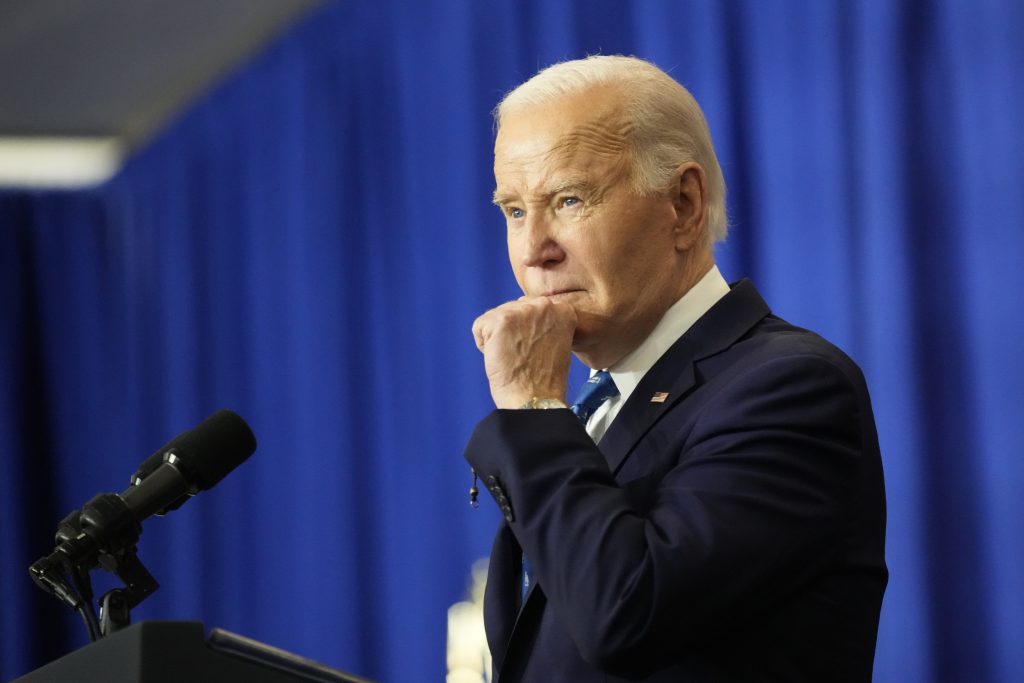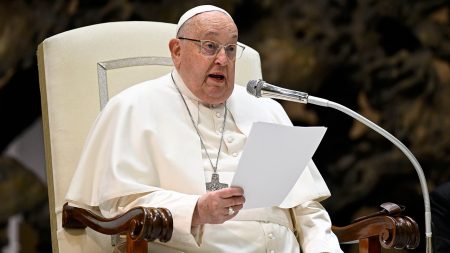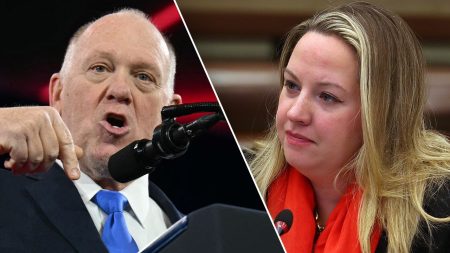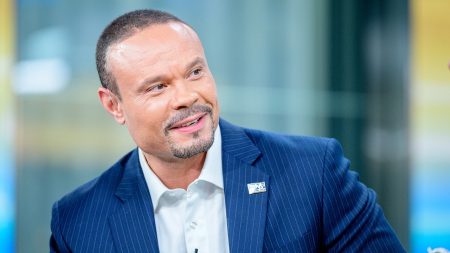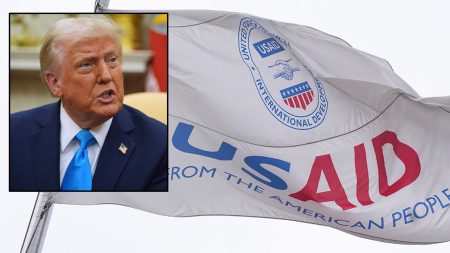The 2024 presidential election cycle was marked by a series of significant political gaffes that, in some cases, arguably altered the trajectory of the race. From the incumbent president’s debate performance to verbal stumbles by the vice president, these missteps provided fodder for opponents and fueled public discourse, ultimately contributing to the overall narrative of the election. Several of these gaffes revolved around key issues of the campaign, including public safety, economic policy, and international relations, magnifying their impact and underscoring the importance of clear and concise communication in the political arena.
President Biden’s performance in the June 27th debate against former President Trump was widely considered a turning point in the election. His raspy voice and meandering responses raised concerns among Democrats about his fitness for office and fueled speculation about the viability of his campaign. The debate performance, dubbed a “debacle” by many, seemed to confirm existing anxieties about Biden’s age and cognitive abilities, effectively opening the door for internal challenges and ultimately leading to his withdrawal from the race. This unexpected turn of events thrust Vice President Kamala Harris into the spotlight as the Democratic nominee, a position she arguably hadn’t fully consolidated.
Biden’s comment referring to Trump supporters as “garbage” further exacerbated the already polarized political climate. The remark, made just days before the election, was immediately seized upon by the Trump campaign and amplified by conservative media. It was compared to Hillary Clinton’s “basket of deplorables” comment from the 2016 election, a gaffe that many believe contributed to her loss. While the Biden campaign attempted to clarify the president’s intent, the damage was done, and the incident served to further energize Trump’s base. This gaffe highlighted the potential consequences of inflammatory rhetoric and underscored the importance of carefully chosen language, particularly in the final days of a closely contested election.
Vice President Harris, unexpectedly thrust into the role of Democratic nominee after Biden’s withdrawal, faced challenges of her own. Her response to a question on “The View” about whether she would have done anything differently than President Biden was seen by many as a missed opportunity. Instead of differentiating herself from the unpopular incumbent, she doubled down on her support for the administration’s policies, effectively tying herself to Biden’s declining approval ratings. This misstep allowed the Trump campaign to portray Harris as an extension of the Biden administration, rather than a fresh start, a narrative that likely resonated with voters seeking change.
Adding to the campaign’s challenges, Harris’s running mate, Tim Walz, also committed a notable gaffe during the vice presidential debate. His comment about becoming “friends with school shooters” was poorly phrased and easily misinterpreted, creating a moment of confusion and prompting criticism. While Walz clarified that he meant he had befriended parents of school shooting victims, the initial remark was jarring and quickly spread through social media. This incident, though unintentional, further underscored the campaign’s communication struggles and provided additional ammunition for the opposing party.
On the Republican side, former President Trump, despite his reputation for off-the-cuff remarks, also contributed to the year’s gaffe count. During a rally in New Hampshire, he appeared to confuse Nikki Haley, a former rival in the Republican primary, with former House Speaker Nancy Pelosi. He incorrectly attributed to Haley actions related to the January 6th Capitol riot that he had previously blamed on Pelosi. This incident, though seemingly minor, highlighted Trump’s tendency to make factual errors and raised questions about his attention to detail.
Furthermore, Kamala Harris faced persistent scrutiny for her communication style, often characterized by critics as delivering “word salads.” Several instances throughout the campaign showcased convoluted phrasing and repetitive language, leading to confusion and mockery from opponents. These verbal stumbles, while perhaps not individually as impactful as other gaffes, contributed to a perception of Harris as lacking clarity and precision, a potentially damaging image in a presidential race.
Finally, President Biden, even after withdrawing from the presidential race, continued to make headlines with a notable verbal slip-up. During a NATO conference, he mistakenly introduced Ukrainian President Volodymyr Zelenskyy as “President Putin.” While quickly correcting himself, the incident further fueled concerns about Biden’s cognitive acuity and underscored the challenges he faced in maintaining a consistent public presence.
In conclusion, the 2024 presidential election was punctuated by a series of significant gaffes from both sides of the political spectrum. These missteps ranged from verbal stumbles and factual errors to poorly phrased remarks and strategic miscalculations. The cumulative effect of these gaffes arguably influenced the trajectory of the election, highlighting the importance of clear communication, careful planning, and consistent messaging in the high-stakes arena of presidential politics. The gaffes provided valuable ammunition for opposing campaigns, shaped public perception of the candidates, and ultimately contributed to the overall narrative of the 2024 election cycle.




